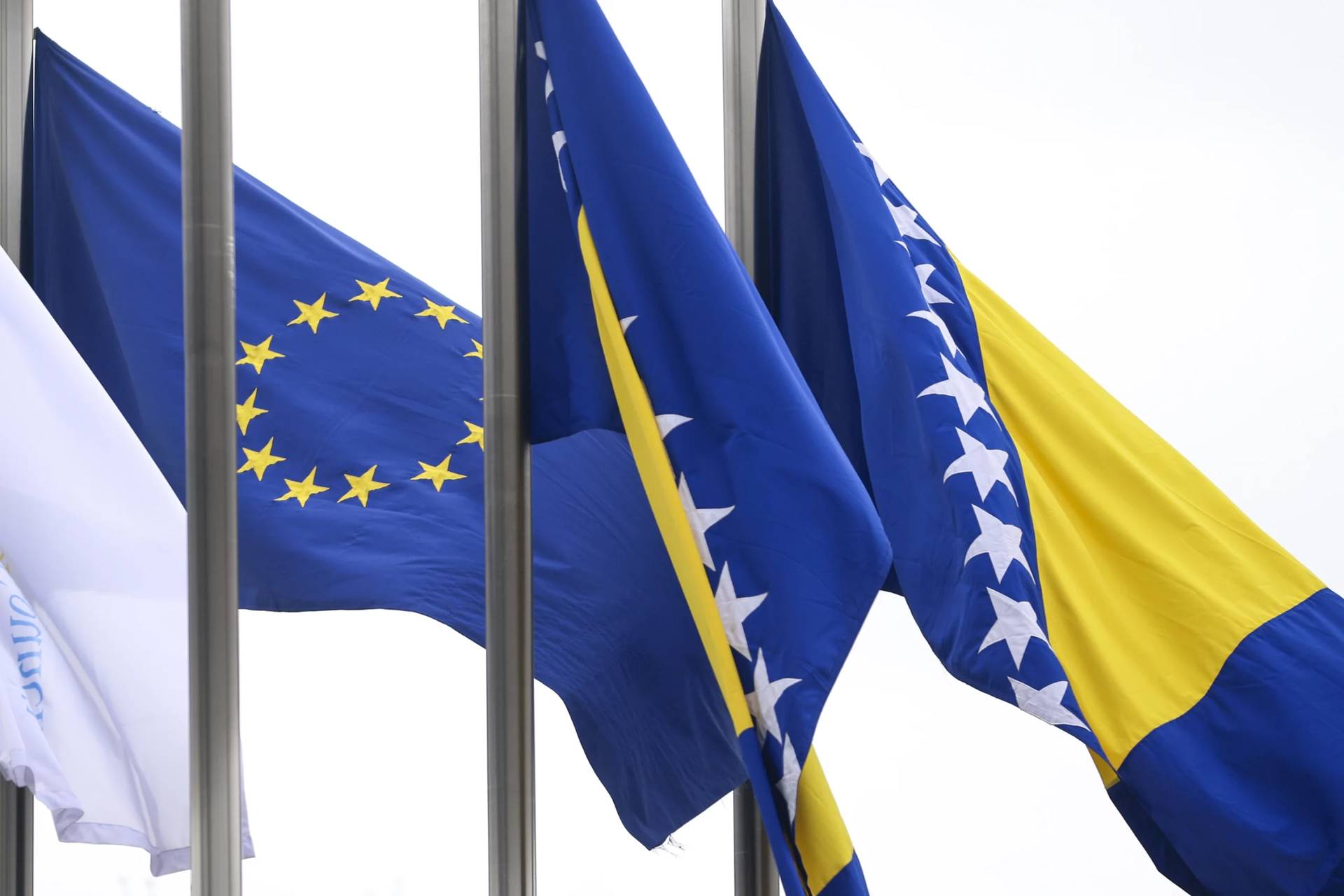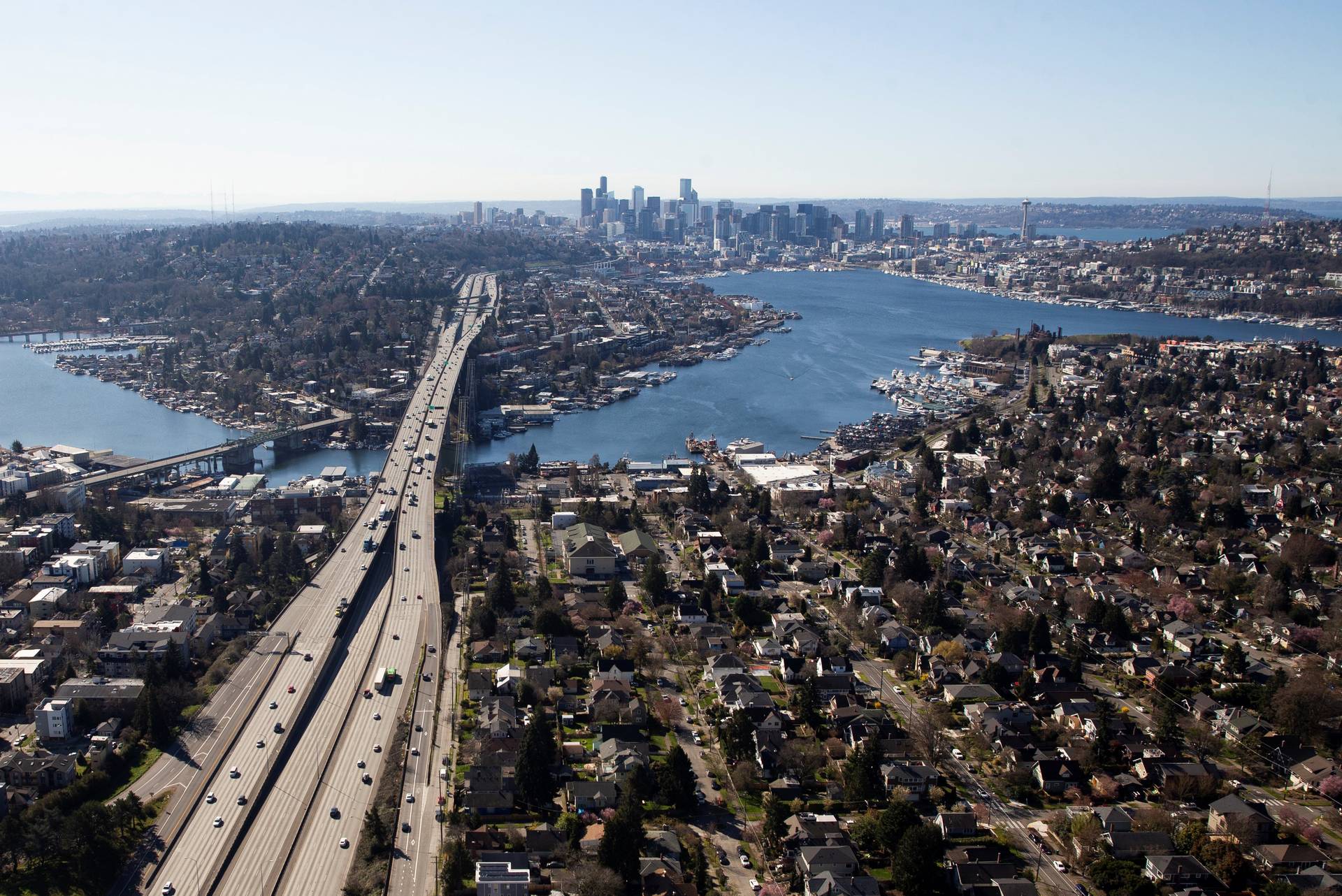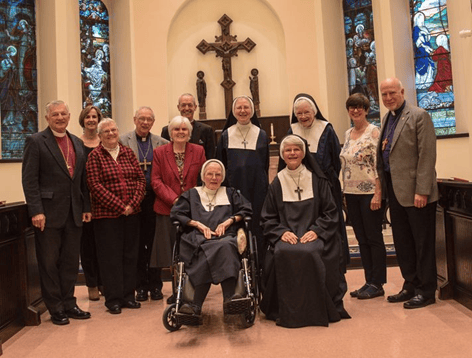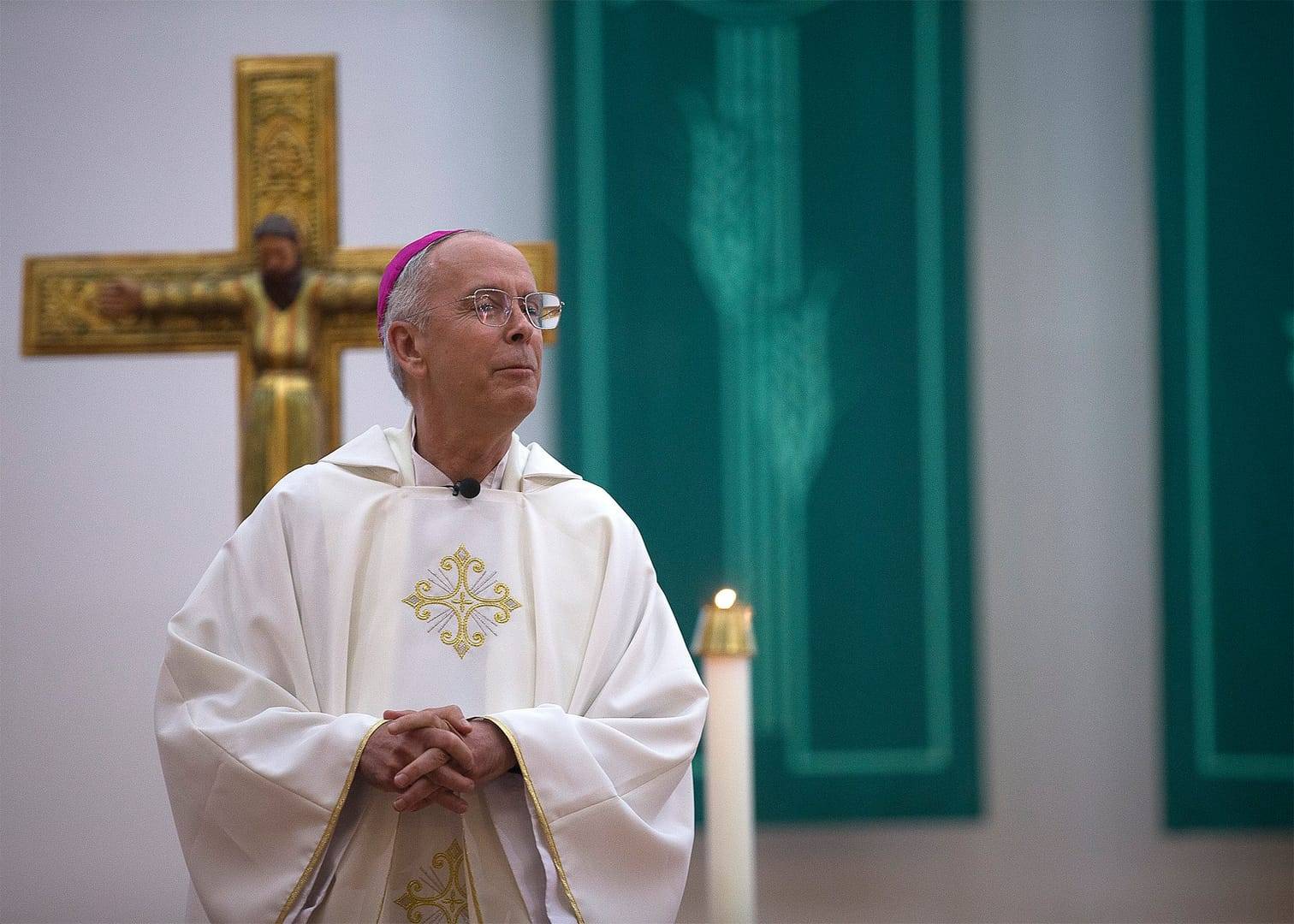EL PASO, Texas — Father Michael Lewis peered through the glass walls of the ICU, clutching his prayer book.
“It’s COVID-19,” said the nurse on duty at University Medical Center. “You really shouldn’t go in there.”
He paused.
It was the early days of the pandemic that has robbed the world of so much, including the comfort of family at the moment of death. Someone had called St. Patrick’s Cathedral just minutes before, said it was urgent.
Could a priest perform the last rites?
As he stood at the nurse’s station at UMC, Lewis thought to himself: “How can I be with this person in prayer?”
The patient lay dying, alone.
Lewis — 43 years old, a native El Pasoan and recently ordained Catholic priest — is tasked with organizing the Diocese of El Paso’s regional response to coronavirus.
In the age of the highly contagious COVID-19, El Paso hospitals have restricted visitation, with limited exceptions for clergy and religious workers who traditionally provide end-of-life rituals for the gravely ill or injured. UMC has trained a handful of religious workers in its COVID-19 protocol.
One rule: No one may enter the room.
But this was early April, and it was the first call Lewis had received for last rites in a coronavirus case. The virus is so feared, so shrouded in mystery and so poorly understood, that UMC won’t say publicly on what floor patients are being treated.

El Paso’s private hospitals have also restricted visitation but are making some exceptions for religious workers, according to El Paso Times.
Las Palmas Del Sol medical centers are allowing clergy in to perform last rites, after a screening process. A Hospitals of Providence spokeswoman said that “on a case by case basis, special protocols are in place for in-person sacraments requested by a patient or family member.”
There were 924 confirmed COVID-19 cases and 21 confirmed deaths in El Paso County as of May 1.
At the time, UMC hadn’t solidified the protocol that is now in place.
“It went through my mind: Can I go in there?” Lewis said. “My first inkling is, I am here to minister to this patient. I also need to be prudent and not act rashly. If I expose myself to this disease in the hospital, I have to worry about the people I live with, the people who work in the Cathedral. I didn’t consider the effect on me.”
The nurse showed him to an anteroom in the intensive care unit.
When the call comes, Lewis prepares a palm-sized black box containing, for believers, the sacred instruments of redemption: A crucifix, a vial of holy water, olive oil blessed by the bishop for anointing, and a pyx, a gold disc containing the Eucharist. He keeps the box zipped inside a black leather case until the moment when death seems nearest.
He wears a black shirt and a white collar. He wears a purple stole and a surgical mask.
The sacraments and prayers known as the last rites can’t be performed over the phone, nor by FaceTime or Zoom, per the laws of the Catholic Church.

“One of the requirements for the sacraments is the priest be present,” Lewis said. “We have to be the one to administer the oil, usually on the forehead and on both hands. It’s more than prayers. It’s an infusion of God’s grace, forgiving their sins and raising them up to God.”
The Borderland is overwhelmingly Catholic. The diocese that includes El Paso and nine surrounding Texas counties has a population of 858,546 and 79 percent of residents — 686,037 people — are Catholic, according to the diocese.
Amid the global pandemic, the Vatican has granted what are known to the faithful as “indulgences” — something like exemptions to the usual rules.
The last rites is known as the “laying of hands.” But there can be no laying of hands on those dying of COVID-19.
“There are prayers and blessings that I can do through the window,” Lewis said. “It’s not being at their bedside but it’s something that is efficacious. I usually start, if there is time, with a short reading from Scripture, because we believe Jesus is present in his word.”
The indulgences let the dying know, “The Church will take care of you.”
As he watched that first patient struggle to breathe in the ICU, he knew there was no time to waste. He remembered saying a tiny prayer to himself before he began.
Grant me the spirit to help this person in the way they need to be helped right now.
The prayers came to him in Spanish. Padre Nuestro. Ave Maria.
Ahora y en la hora de nuestra muerte.
Now and at the hour of our death, amen.
Lewis grew up in El Paso with an Anglo father from Pittsburgh and a Mexican American mother from El Paso, both deeply religious. He went to Hanks High School on the East Side and was involved in the Church from a young age.
He worked in journalism, including on the copy desk of the old El Paso Herald Post, before committing to his true calling, the priesthood, in his late 30s. He bounced around Florida and Illinois before, as he put it, he “really fell back in love with El Paso.”
Lewis was ordained in May 2019 and assigned to St. Pious X, the parish that includes the neighborhoods around the Walmart near Cielo Vista Mall.
His was the Mass broadcast to the world the night of Aug. 3, after a shooter took the lives of 22 people and injured two dozen more in a hate-fueled, racist attack.
A 23rd victim of the attack died from his wounds this week.
In the wake of the mass shooting, UMC called Lewis day and night, to anoint the injured and bless the dead.
“I was connected to UMC as a chaplain,” he said. “I remember them calling me that night and they said, ‘We still have victims.’ In the minutes and hours after (the attack), I remember people saying, ‘We have to close the church.’ And I said no, ‘We need to open the church. People need to pray.’”
One of the tragedies of the coronavirus pandemic is that that sort of coming together isn’t possible, Lewis said. Stay-at-home and social distance orders have forced the cancellation of mass gatherings for weeks, including Mass.
Even as Texas reopens, out of an abundance of caution the El Paso diocese has decided to keep churches closed.
“Nobody is making sense of God’s presence in all of this,” Lewis said, thinking about the parallels between the shooting’s impact on the community and the coronavirus.
“There is a mourning of sorts, right now, because people don’t have access to the place where they worship or to the Eucharist, which for us is the center of our faith,” he said. “There is the same bewilderment: What do we do now?”
All Catholic priests are trained to perform last rites. But Lewis, one of the younger priests in the diocese, is working with a skeleton crew.
About a third of priests in El Paso fall into the category of those who are especially vulnerable to COVID-19, he said. They are over 60 years of age or have chronic conditions and aren’t attending to last rites.
It is left to him and to the younger, healthier clergy to bring the sacraments into the hospitals, not just for COVID patients but for anyone in need.
“All I can do is what I can do,” he said. “Which is to wash my hands thoroughly. To wear the appropriate gear. To take the appropriate precautions. If we are ministering to COVID patients, we have to bring a change of clothes and launder those immediately.”
At the window of the patient in the ICU, Lewis said the formal prayers he was able to from afar.
Then, he said, “I took a moment to pray silently, off the books so to speak, to ask the Holy Spirit to be with this person.”
He believes the patient died. He doesn’t know for sure.
“When people see a Roman collar at a hospital, they always associate it with bad news and death,” he said.
“But the sacraments are for the living. We perform them with the hope that there still is the possibility that God will heal. That healing might be a happy death, less painful final moments or” — another possibility, he said.
“We have to have faith,” he said, “that something miraculous might happen.”


















